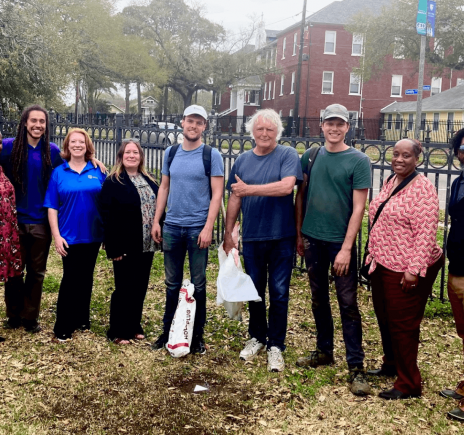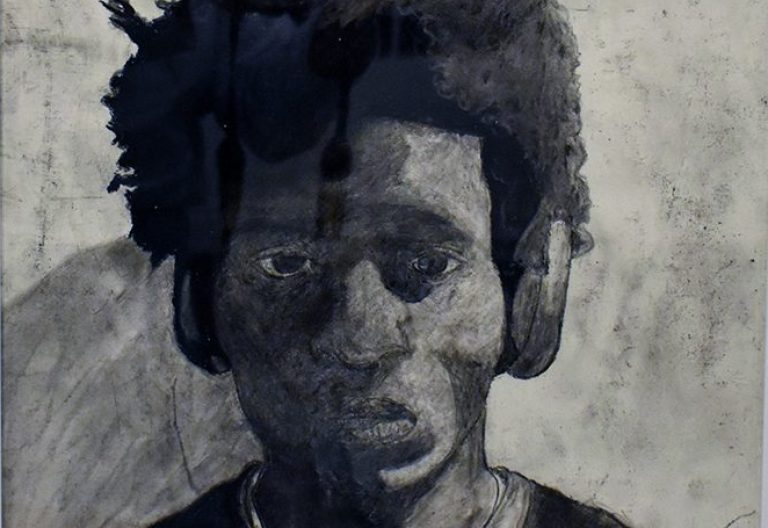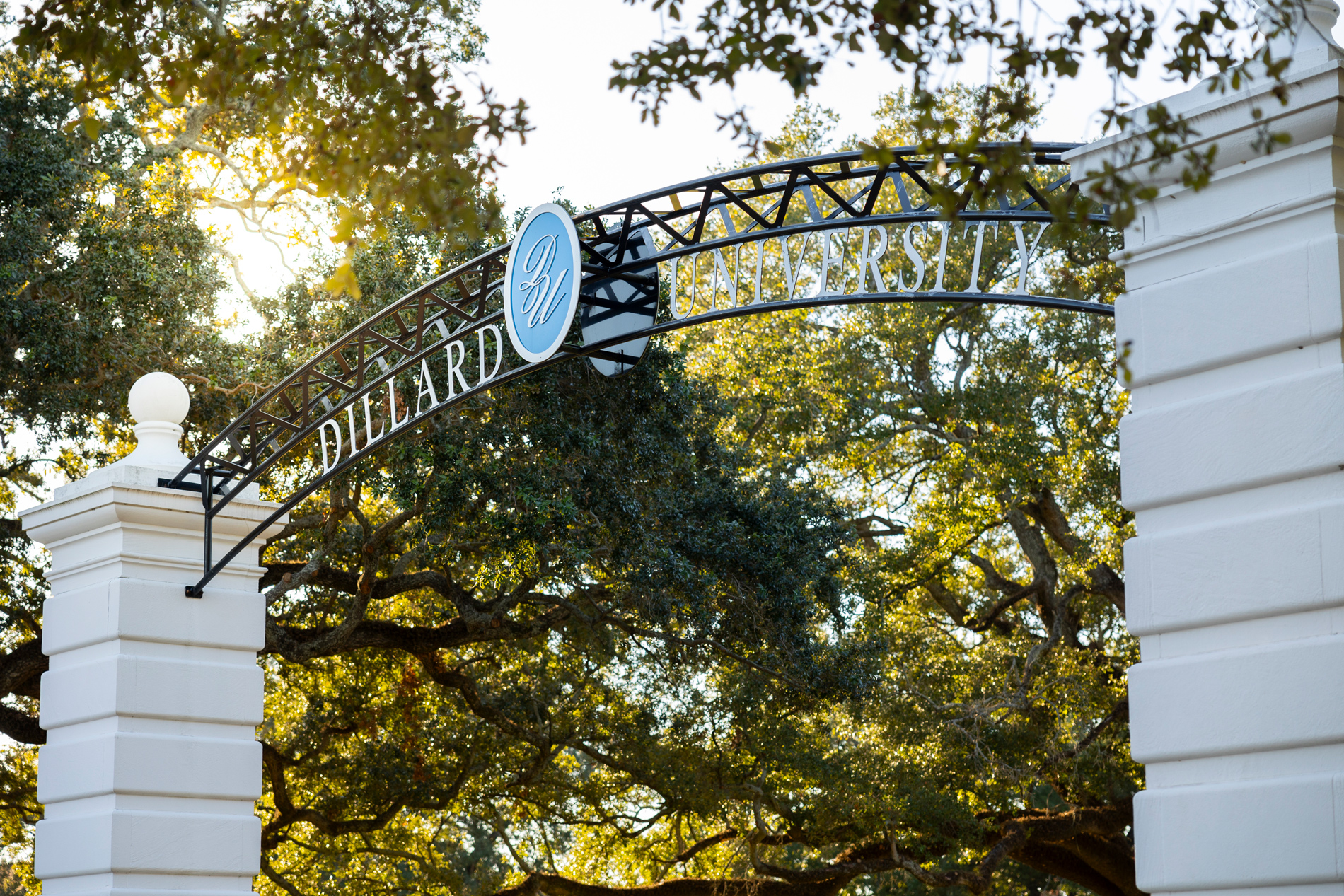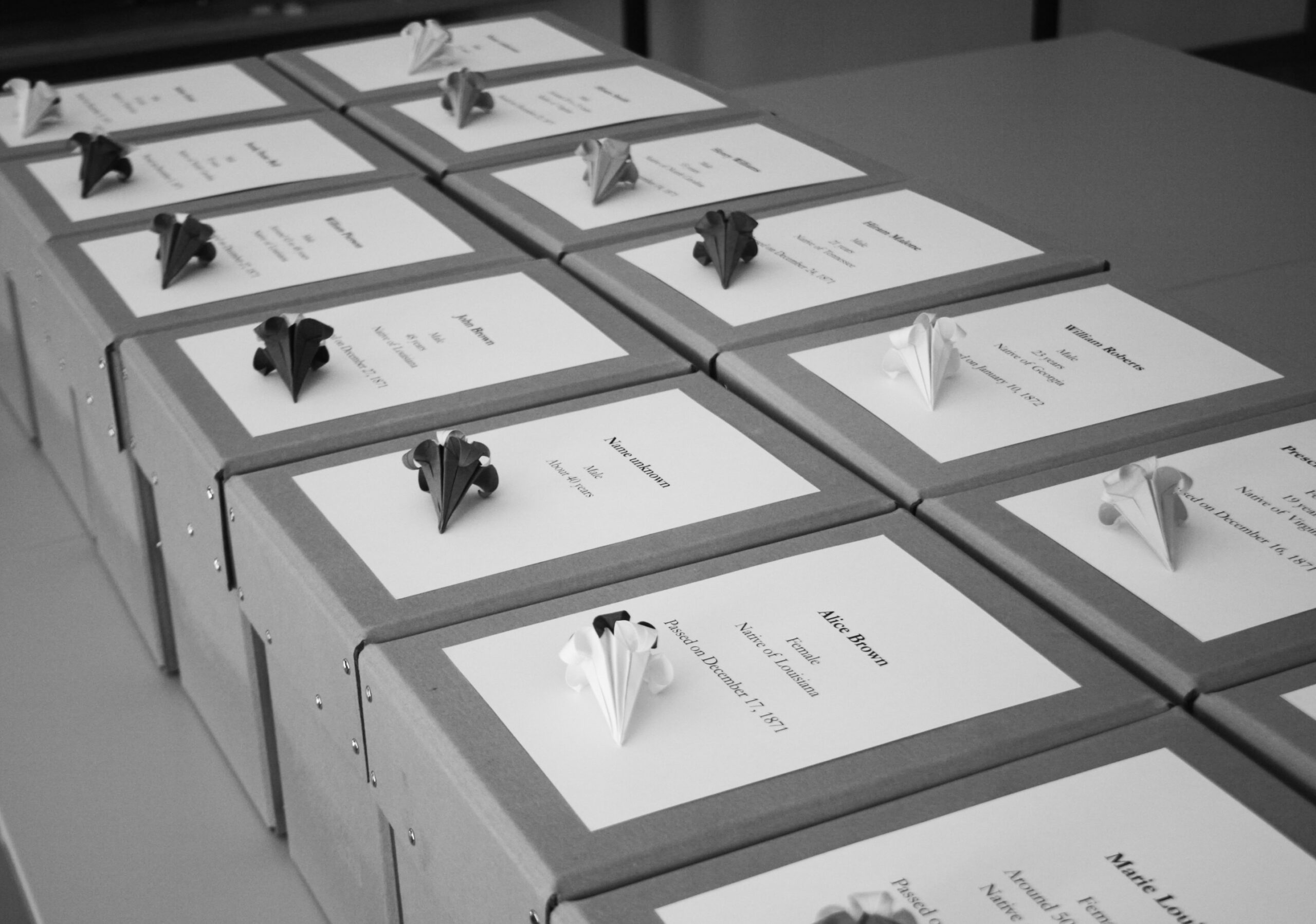As part of its ongoing commitment to sustainability and climate awareness, Dillard University has pioneered by partnering with the City of New Orleans and Deltares, USA, Inc. to monitor groundwater activity in the Gentilly area. Situated on Gentilly Ridge, Dillard’s inclusion in the National Disaster Resilience Water Monitoring Network is a testament to its leadership in this crucial initiative.
Roelof Stuurman, Deltares’s hydrogeological system analyst, spoke with faculty and students about the importance of groundwater awareness as his team installed the well on the campus’s front lawn. To fight subsidence, flooding, and saltwater intrusion, a network of monitors will provide hourly data on groundwater levels. This will create an even more comprehensive picture of water levels observed during drought, rain, and extreme weather events.
Stuurman’s message to the students was clear: ‘You can not manage what you don’t know about.’ Dr. Samantha L. Gerlach, assistant professor of Biology, plans to incorporate his published articles on subsidence in New Orleans from the Hydrogeology Journal and Land into her Ecology lectures. Her students, who witnessed the well installation, are eager to use the data in their coursework next semester. This unique hands-on opportunity to analyze groundwater changes from a well they helped install is a testament to Dillard’s commitment to proactive research and student engagement.
Christopher Lang from the City’s Stormwater & Green Infrastructure Office explained that the data from the entire network would be available on Deltares’ website dashboard, specially designed for the City of New Orleans, in about six months.
He stated, “We’re thrilled to collaborate with Dillard as one of the host sites in this network of wells. We hope its placement on this campus supports pre-existing STEM curricula, stimulates students’ curiosity about the City’s unique water challenges and opportunities, and helps build local groundwater expertise in and beyond the classroom. Racial equity is crucial when considering climate change, flood mitigation, and sustainability here in New Orleans, so it makes sense that Dillard would be an anchor institution for this project. We look forward to analyzing the data in the months to come!”
Dr. Casey Schrieber, associate professor of Urban Studies and Public Policy, and students from her Geographic Information System (GIS) course were present for the installation. They anticipated using the data in Dillard’s Urban Water Management program. “This project is a great way to bridge academics and innovative technology to serve the needs of our community,” Schrieber commented about the installation. “It presents a unique opportunity for our students to seek out data-driven solutions as they address the critical need for water management in New Orleans and for municipalities worldwide.”
Director of Sustainability Kem Opperman-Torres enjoyed the opportunity for students to engage with the team from the Netherlands about their research in New Orleans. “This is just the beginning of our relationship with Deltares. Beyond providing the data from the network, Roelof (Stuurman) has generously offered to make presentations to our students about the project. He challenges our students to go beyond the data and make changes in their lives and on campus that reduce rainwater runoff and subsidence in our community.” The groundwater well enhances student access to climate research while bringing climate awareness to Dillard’s front lawn.
